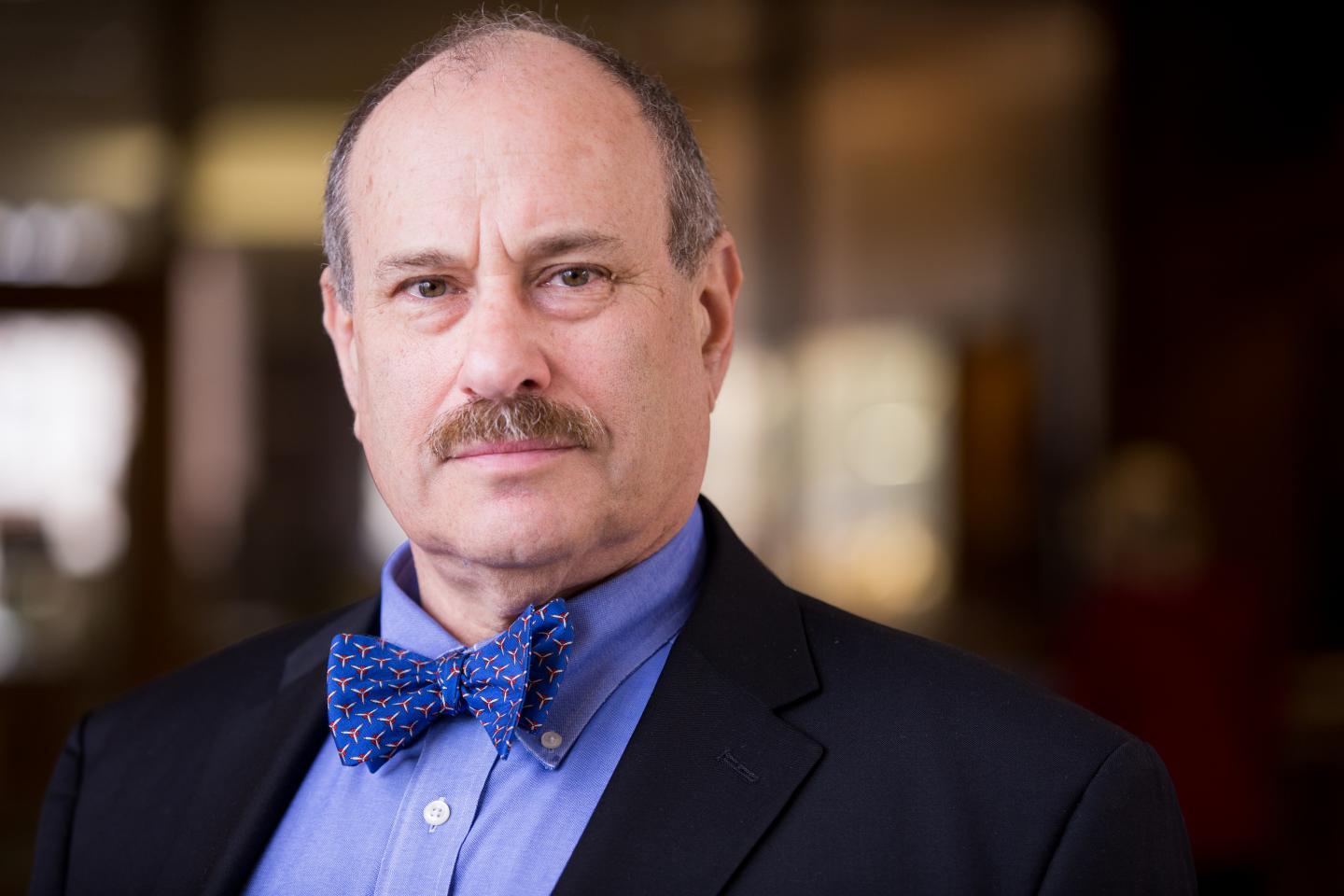CWRU team will provide policy recommendations for balancing safety, innovation

Credit: Case Western Reserve University School of Law
While federal and professional regulatory systems monitor genetic-editing experiments in university and corporate labs, most research conducted outside of these settings lacks formal oversight.
Now, two Case Western Reserve University faculty members have received a two-year grant to provide regulatory recommendations for gene-editing research conducted in non-traditional settings. The aim of this $160,000 grant from the National Human Genome Research Institute at the National Institutes of Health is to protect the public while encouraging creativity and innovation that could benefit many people.
The grant recipients are Distinguished University Professor and Arthur E. Petersilge Professor of Law, Max Mehlman, and Associate Professor of Genetics and Genome Sciences, Ronald Conlon.
“Non-traditional experimentation has a long history and has generated impressive results,” said Mehlman. “But individuals who do gene-editing work in unofficial capacities are highly varied. For instance, some reject intellectual property rights and advocate open-source science while others seek to safeguard and commercialize their discoveries. Some document their work on social media while others are secretive. We need a consistent set of policies to address these diverse situations.”
Gene editing entails changing an organism’s DNA through emerging biotechnologies, such as CRISPR-Cas9. These tools allow researchers to add, remove or modify genetic material at precise locations in the genome, potentially representing cures for serious diseases and improvements to sustainability in agriculture, among other benefits. But genetic editing also has raised ethical and environmental concerns, ranging from worries of ecosystem disruption to fears of designer babies.
Those who conduct unofficial gene editing include biology professionals who pursue projects of personal interest in their free time, moonlighters in industry and academic laboratories and amateurs operating out of their homes.
With grant support, the researchers will conduct a detailed literature and statutory review as well as actively monitor social media to provide a comprehensive picture of current and potential unofficial gene-editing practices and capabilities.
For example, it is now possible to buy gene-editing kits online, and some experimenters are injecting themselves in attempts to edit their genes. And while experts believe that most unofficial gene editing is being done only with bacteria and fungi, social media forums contain discussions of working with animals and even humans.
“The stakes are high in two domains,” said Conlon. “On one hand, genome editing holds real promise for preventing and treating potentially lethal human diseases such as cystic fibrosis, hemophilia, cancer and heart disease. At the same time, there are potentially grave risks, illustrated by the fact that in 2016 CRISPR-Cas9 was added to the (United States) list of possible weapons of mass destruction–the only biotechnology so listed.”
Regulatory options the researchers will explore include establishing licensure and training requirements, mandating the reporting of gene-editing experiments and introducing restrictions on purchases of material and equipment by individuals and commercial entities.
“Let me be clear, our aim is not to stifle creativity,” said Mehlman. “Not only won’t it work, it could make things worse by driving unofficial gene editing further underground. Our aim is to promote safe and potentially beneficial gene editing outside of official circles.”
###
To learn more about Case Western Reserve University School of Medicine, visit case.edu/medicine.
To learn more about Case Western Reserve University School of Law, visit law.case.edu.
Media Contact
Ansley Gogol
[email protected]
Original Source
https:/




